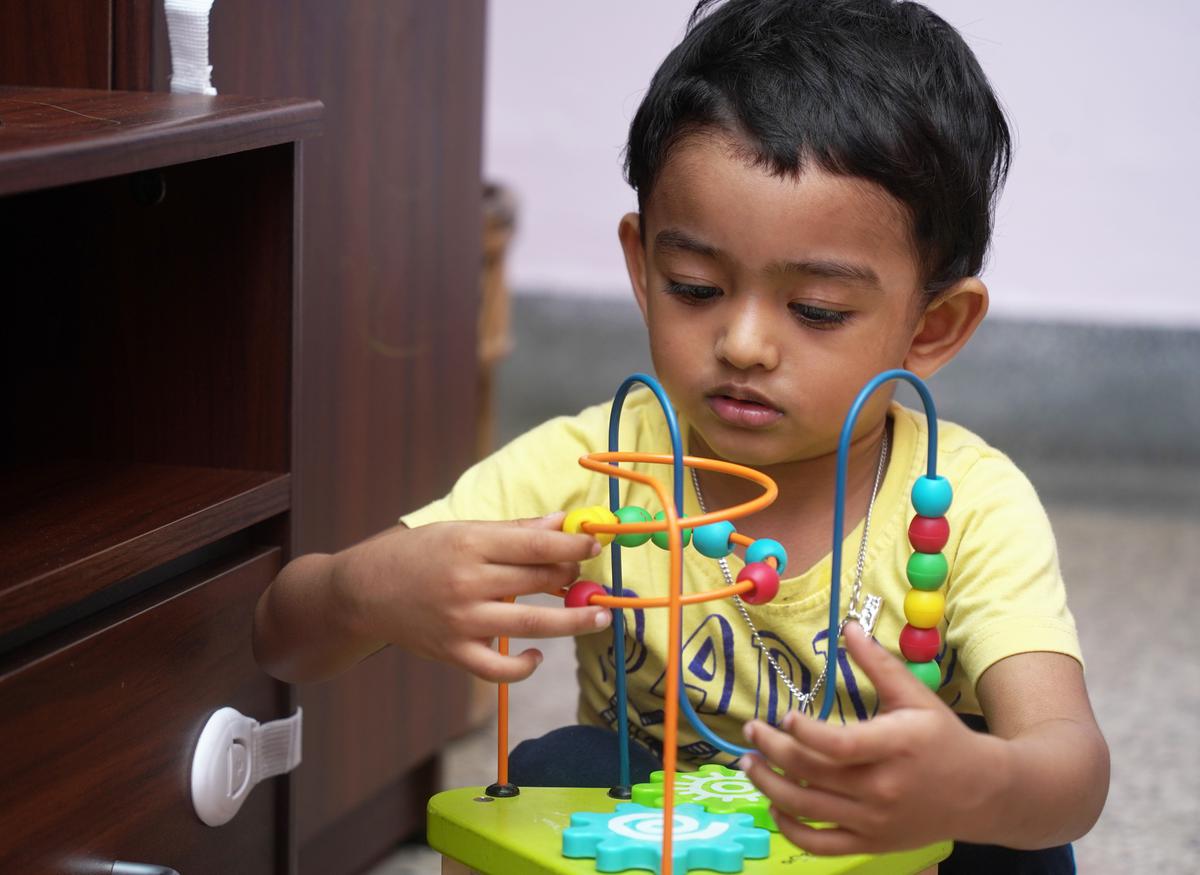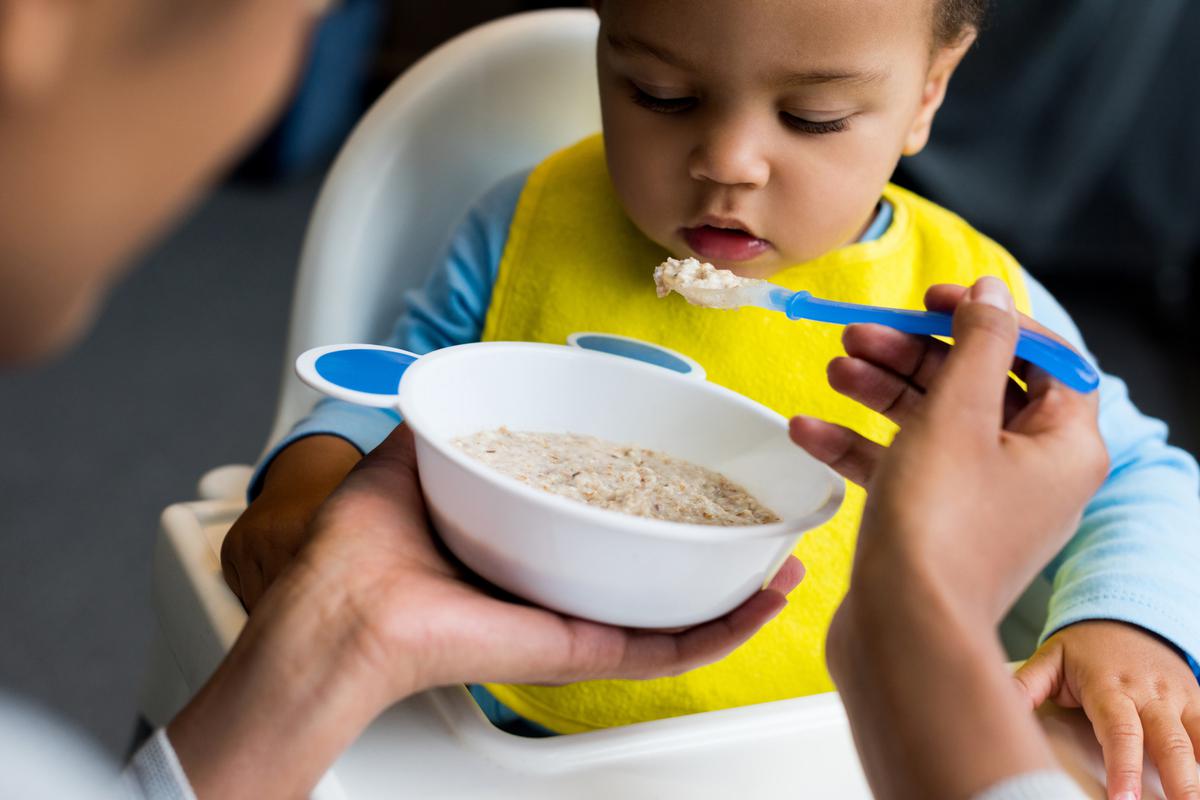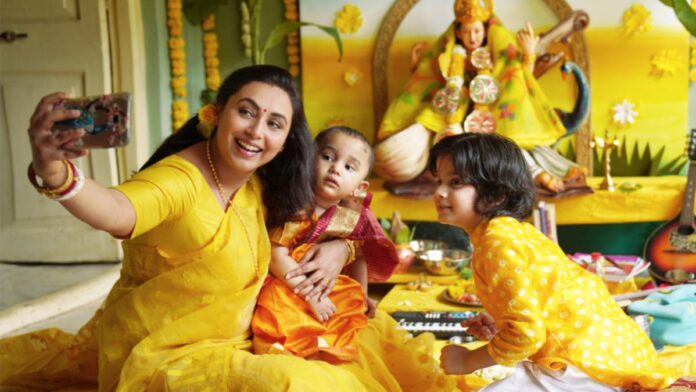In the recent film Mrs. Chatterjee vs. Norway, actor Rani Mukerji — who plays Debika Chatterjee, a young mother of two living in Norway — is closely tracked by child welfare officials in Stavanger for weeks. She is then declared an unfit mother. Parenting practices she holds dear — bed-sharing, feeding by hand, keeping her children close to her at all times — are brought into question as her children are sent to foster homes.
ALSO READ ‘Mrs. Chatterjee vs Norway’ turns the spotlight on state of custody cases abroad
Her fight to win back the custody of her children over the next three years — based on the dramatic real life story of Sagarika Chakraborty in 2012 — has brought into focus the stark differences between Asian and western parenting cultures.
The controversial film, which villainises the Norwegian government accused of running a corrupt foster care system that preys on immigrant families — broadly pits western sensibilities on what makes a good parent against traditional Indian practices. Beyond the film, though, an East vs. West parenting debate in a time of wide-spread cross-cultural influences feels distinctly reductive.

A toddler at play
| Photo Credit:
Getty Images/iStockphoto
A middle ground
The film is valuable in putting forth the argument that western ideals of parenting are not necessarily superior. Importantly, parenting styles do play a role in reinforcing racist attitudes towards immigrant families, which are often more insidious than we see in the film. But this is also a time when we are learning from different cultures and finding a middle ground with growing literature on best practices in childcare.
Mithila Mehta, a Ph.D. researcher from Mumbai and mother to a two-year-old, who has lived in Oslo since 2017, says that she and her husband always focus on parenting practices that resonate with them and put their baby first, irrespective of whether they are eastern or western. Their daughter plays happily in sub-zero temperatures, in line with the Norwegian cultural emphasis on playing outdoors and embracing nature; but the popular Scandinavian practice of babies napping outdoors in strollers on their own was not a parenting priority for them.
The huge importance given to fathers participating equally in childcare and getting compulsory paternity leave meant that her husband could be home for eight months and continues to be an equal partner in parenting their daughter, something that would be quite subjective in India.
She says they have always felt respected and empowered in their parenting choices. “For example, we co-sleep by choice,” she says. “And we find that the doctors, nurses, kindergarten teachers are always fascinated to hear our choices, and respect and support them.”
In fact, in both the East and the West, parents, the childcare system and society at large seem to be realising that there is nothing sacrosanct in parenting practices any longer. Long-held western ideals of parenting — for example, the controversial practice of sleep training — are increasingly being questioned through research by scientists and anthropologists in these countries, where scientific data is often re-confirming the benefits of practices that are endemic to less industrialised societies, such as bed-sharing and baby-wearing.
In societies like ours, parenting practices that were largely learned and inherited are now influenced heavily by access to information from around the world. Videos of talks by leading psychologists, blogs and books by experts on every aspect of parenting, snappy reels by influencers, culturally diverse social media communities and cross-pollination by travel and immigration have meant that families can now decide for themselves what ideas resonate with them.
Baby-proofing
In India, traditionally, babies and children have been integrated in the household without any major emphasis on separate living spaces, equipment or toys. They are also more easily supervised by a higher number of adults in the household. In the West, the concept of a nursery, age-appropriate toys and the developmental role of play is given importance, a point that is also made in the movie.

A mother feeding her little son
| Photo Credit:
Getty Images/iStockphoto
Mallika Ramaswamy, a mother of two children who lives in Sydney, Australia, has found that while it is common to baby-proof homes there — such as covering electrical sockets, locking cupboards and fridges, having gates on stairs and an enclosed play-area with age-appropriate toys for kids — there is no pressure to follow these norms. “My approach to child spaces has been mixed. We have implemented some of this stuff, such as safety measures, leaning towards non-toxic toys, but not too much of baby-proofing,” she says.
With emerging research on developmentally-appropriate toys and spaces for children, awareness on safety along with, of course, commercialisation, these ideas are making in-roads in India as well.
Roots in Asia
What we see, therefore, playing out in homes today is a merging of styles to adapt to modern ways. Gurpreet Kaur, a content manager in Delhi, says she has benefited from taking the best from both cultures for her three-year-old son. She gravitated towards encouraging her baby to self-feed, for example, rather than the more Indian way of force-feeding. “I based my parenting style on proper research, as they often do in the West. I was influenced by the western culture of following proper routines, having an early bedtime and gentle, respectful parenting, but rejected their concept of sleep training by making the child sleep separately.”
At the same time, she adopted practices such as attachment parenting and long-term breast-feeding, both with deep roots in Asian child-rearing. “It’s not a black and white situation, or one culture over the other. Parenting styles develop based on the needs of each household, how you are brought up and your family situation,” she says. Kaur, Mehta, Ramaswamy and thousands of other parents we interacted with are proof that it is no longer East vs. West, but East meets West.
The writers are authors of the book Sleeping Like a Baby: The Art and Science of Gentle Baby Sleep.
#RaniMukerjis #filmMrs #Chatterjee #Norwayhas #rekindled #East #West #parenting #debate
